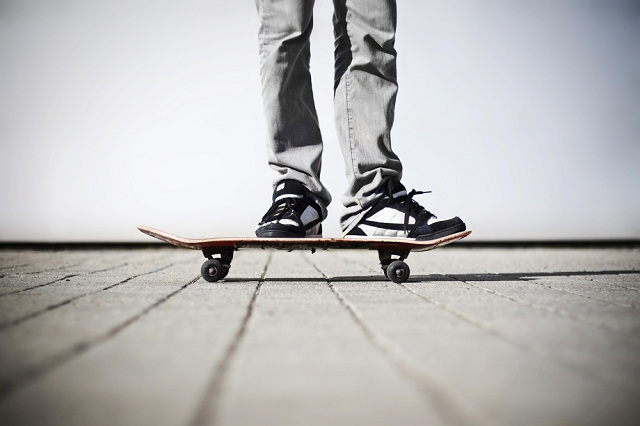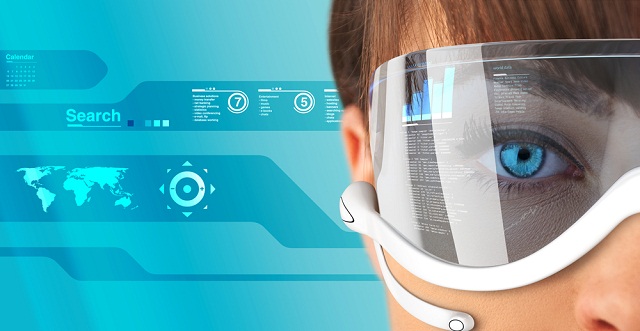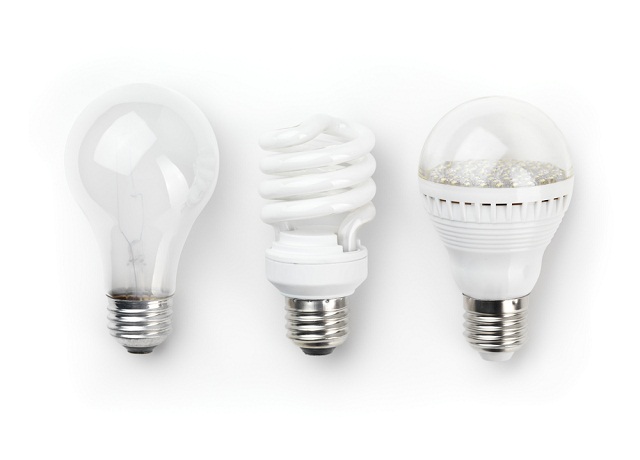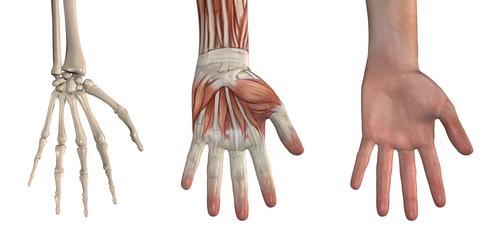Surprising Science
All Stories
When your biological organism passes on, who would you choose to give all your Earthly memories to (if anyone)? It may be possible to store and read memories from dead brains, say researchers.
For the first time ever, researchers have enhanced the mental capacity of primates by implanting an electronic device in their brain which stimulates damaged neural pathways.
Scientists have found neurological and biological markers of violence which they hope can be assuaged through medicine. But everyone agrees that early intervention is the best strategy.
An American cultural shift is happening, aided by technology that allows prospective parents to select the gender of their child, toward a bias in favor of baby girls over baby boys.
A team of biomedical researchers have discovered novel genes in bacteria increasingly responsible for hospital-caused infections. The discovery may result in targets for future drugs.
The most rigorous and detailed analysis to date of acupuncture as a medical treatment has found that the procedure effectively relieves chronic pain associated with migraines and back aches.
Researchers at MIT have created a communications network for autonomous cars that let them “see” what any other car in the area is seeing upon request. Multiple “eyes”create a continuous and widespread 3D view.
A company is taking orders for its new skateboard, billed as “the lightest electric vehicle in the world.” With a small remote and motor-activated braking, it could appeal to environmentally conscious people who’ve never skated before.
Thanks to NASA’s Mars Reconnaissance Orbiter, scientists now have proof that snow clouds, and maybe snow itself, exist on the Red Planet.
Human and animal doctors and researchers are collaborating more frequently, leading to quicker medical advances for both groups.
Scientists have discovered that animal organisms can support the existence of photosynthetic chloroplasts, so could the human body one day make its energy from the sun?
Researchers have used the IBM supercomputer Blue Gene to better understand how new medicines function on the quantum level, speeding trial times and improving research.
The technological advance of biomedical sensors will soon move beyond counting calories and enter a stage where every conceivable piece of private data is shared between groups.
Writer Tony Naylor comments on the increased use of technology in UK restaurants, focusing on wine lists that come to the table on an iPad.
A Cleveland State University study suggests that speaking up during sex leads to more satisfaction with your sexual life…but some still prefer nonverbal cues.
A study done by Vonage shows that its users aren’t leaving or retrieving voicemails as often as they used to, leading some to wonder what this means for the future of voice message technology.
Thanks to a huge Kickstarter response, the Oculus Rift is ready to bring virtual reality technology back into gaming, motion sickness and all.
A recently-released line of state-of-the-art mainframes proves that, all these years later, IBM is still going strong in the Internet age.
Okay, not quite, but close: A new smart fabric, developed in Germany, can trigger an alarm when penetrated, and is flexible enough to be incorporated into building walls and floor coverings, among other materials.
Thirty-five years after their launch, the two Voyager deep space probes are about to enter interstellar space, while still transmitting data back to Earth.
Several geoengineering schemes for solving global warming, ranging in cost and technical achievability, are evaluated in a new study.
A combined US/UK study claims that LED bulbs have a slight environmental edge over compact fluorescents, and with continued improvements that advantage is expected to grow significantly fairly soon.
Bowing to public pressure, Guangzhou and other Chinese metropolises are taking steps to improve the environmental quality of life for their citizens, signaling a recognition that growth for growth’s sake is bad policy.
Compelled by a programmer shortage, Estonia is implementing a computer programming curriculum that teaches children as young as 6 to code. It joins a growing movement that’s designed to make everyone “code-literate.”
Military adaptation of mobile technology has been limited due to a lack of communications access in remote areas. However, one company is looking to bring smartphone-like devices to soldiers in the field.
Researchers have found that emotionally healthy elderly individuals employ unique coping strategies to deal with life’s travails, focusing on the present rather than on feelings of regret.
Building on groundbreaking work done at MIT in 2005, researchers have created muscle which can be activated with light, setting the scene for a new generation of robotics.
A host of new consumer electronics allows people to monitor fluctuations in their health like never before, but does knowing more about your health help you change your behavior?
A team of Australian researchers have created the world’s first ‘pre-bionic’ visual implant, laying the ground for a camera-based implant as the technology evolves in the years ahead.
While health concerns have been expressed over the effects of energy drinks on blood pressure, caffeine and taurine may actually improve how certain parts of the heart function.





























